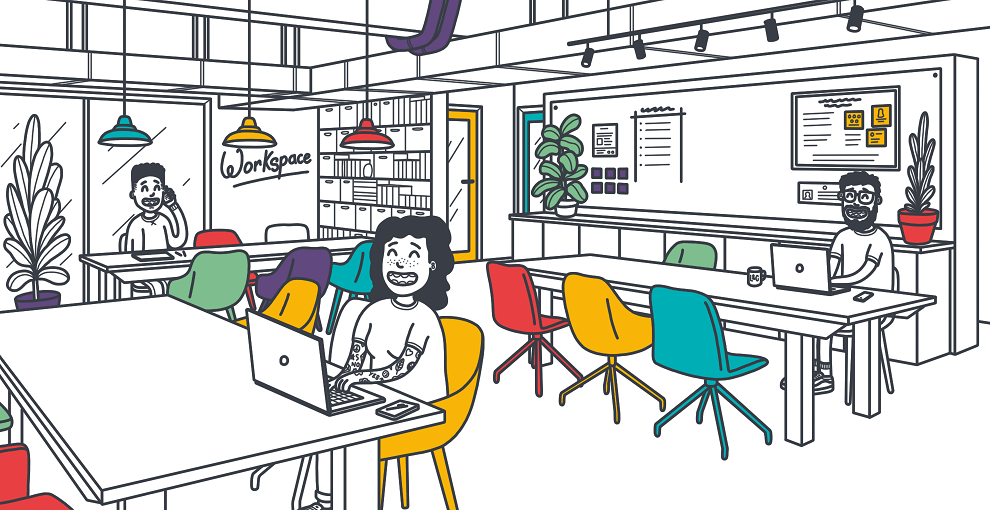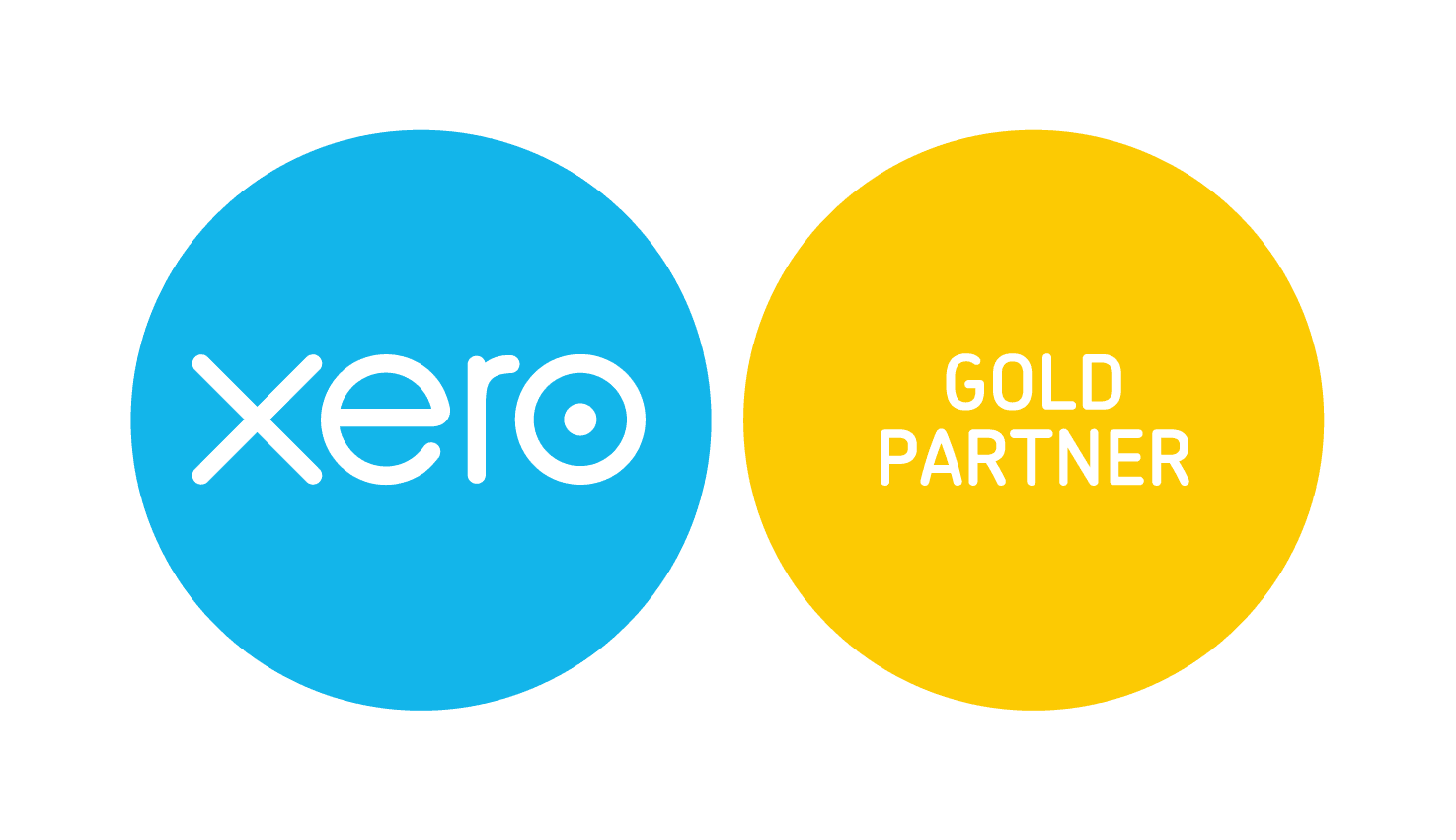If there was a fight between someone in finance and someone in marketing, who would win?
The answer is pretty much always the person from finance. This is because when it comes to your business, the financial element will nearly always dictate what you do. This is the department in your business that will set budgets and look at return of investment. That's not a bad thing. Ultimately you are in business to make money so you don't want to throw money at apparently great ideas that will achieve little by the ways of financial rewards.
So your finance department – whether that actually is a department or just you on a Friday afternoon – can KO ideas and projects pitched by the marketing department.
But can the marketing department – the creative people (you on a Monday morning) – ever KO an idea pitched by the finance department?
Generally no. And that's wrong. Here's why:
As an accountant, I am used to presenting clients with numbers as though they are facts. That's a correct thing to do because based upon the assumption that your bookkeeping is accurate, the numbers are facts. But numbers and ratios are unforgiving and inflexible and since becoming a business owner myself, I've learnt that running a business is anything but.
So that's the problem with putting finance (logic) ahead of marketing (creativity).
People in finance, myself included, look into areas within your business that can be measured. So as I mentioned above, profit margins and return on investment but also efficiency. Then you bring yourself into the mix. Chances are you created your business around a skill/trade that you have. I'm an accountant so I've set up an accountancy firm, if you're a chef then you've probably set up a restaurant and so on.
So the issue when you combine these two things is that you would look to your core service and measure the outcomes of this. I'd look at how I could prepare your accounts quicker whilst maintaining the accuracy. A chef might look at how they could create a menu at a reduced cost or food that could be prepared quicker or with less waste. It's all very logical and all very clinical. All very measurable.
The other day I was listening to a lecture by Rory Sutherland who used this quote:
"There is no sensible distinction to be made in a restaurant between the value created by the man who cooks the food and the value created by the man who sweeps the floor"
The point here is that there is no reason making fantastic food if the restaurant is dirty, as each element will have an impact on the value of the other.
But numbers are logical. And the passion you have in your trade is ingrained. So you would naturally try to make the food even better. When all your patrons would want is for you to sweep the floor and tidy the place up a bit.
So what I'm suggesting is that maybe, on occasions, you should let the creative people review the ideas proposed by the finance department. And maybe KO their ideas once in awhile.
You need to look what frames your service. Ask yourself what affects the perceived value.
So let's just say that you were a mechanic and ran your own workshop. Something like Kwik Fit. You notice that you were failing to retain customers and when you run a couple of surveys it comes back that people were fed up of waiting around for their cars to be ready.
The logical brain would possibly look into getting some new equipment so you could do the repairs faster. Maybe buy some more storage space so you could hold extra parts. You could always look into employing another mechanic so you could work your way through any backlog of cars. You could also look into playing around with your prices – offering discounts to those who have to wait over a certain amount of time for example. All of these suggestions are very valid and very logical and very measurable.
Now let's throw away the ideas that can be directly measured. What would a creative person come up with? More chairs so those who are waiting can sit down? Free high speed wifi so customers can do whatever they need to on their phones, making their wait more productive?
Sometimes the thing that is affecting your value is something obvious. A scruffy reception space. An old van. Dirty floors. But these are things that your business advisor, your logical mind, your KPIs would fail to pick up.
So it pains me to say it. But sometimes focusing on the numbers is wrong.
The answer is pretty much always the person from finance. This is because when it comes to your business, the financial element will nearly always dictate what you do. This is the department in your business that will set budgets and look at return of investment. That's not a bad thing. Ultimately you are in business to make money so you don't want to throw money at apparently great ideas that will achieve little by the ways of financial rewards.
So your finance department – whether that actually is a department or just you on a Friday afternoon – can KO ideas and projects pitched by the marketing department.
But can the marketing department – the creative people (you on a Monday morning) – ever KO an idea pitched by the finance department?
Generally no. And that's wrong. Here's why:
As an accountant, I am used to presenting clients with numbers as though they are facts. That's a correct thing to do because based upon the assumption that your bookkeeping is accurate, the numbers are facts. But numbers and ratios are unforgiving and inflexible and since becoming a business owner myself, I've learnt that running a business is anything but.
So that's the problem with putting finance (logic) ahead of marketing (creativity).
People in finance, myself included, look into areas within your business that can be measured. So as I mentioned above, profit margins and return on investment but also efficiency. Then you bring yourself into the mix. Chances are you created your business around a skill/trade that you have. I'm an accountant so I've set up an accountancy firm, if you're a chef then you've probably set up a restaurant and so on.
So the issue when you combine these two things is that you would look to your core service and measure the outcomes of this. I'd look at how I could prepare your accounts quicker whilst maintaining the accuracy. A chef might look at how they could create a menu at a reduced cost or food that could be prepared quicker or with less waste. It's all very logical and all very clinical. All very measurable.
The other day I was listening to a lecture by Rory Sutherland who used this quote:
"There is no sensible distinction to be made in a restaurant between the value created by the man who cooks the food and the value created by the man who sweeps the floor"
Ludwig Von Mises
The point here is that there is no reason making fantastic food if the restaurant is dirty, as each element will have an impact on the value of the other.
But numbers are logical. And the passion you have in your trade is ingrained. So you would naturally try to make the food even better. When all your patrons would want is for you to sweep the floor and tidy the place up a bit.
So what I'm suggesting is that maybe, on occasions, you should let the creative people review the ideas proposed by the finance department. And maybe KO their ideas once in awhile.
You need to look what frames your service. Ask yourself what affects the perceived value.
So let's just say that you were a mechanic and ran your own workshop. Something like Kwik Fit. You notice that you were failing to retain customers and when you run a couple of surveys it comes back that people were fed up of waiting around for their cars to be ready.
The logical brain would possibly look into getting some new equipment so you could do the repairs faster. Maybe buy some more storage space so you could hold extra parts. You could always look into employing another mechanic so you could work your way through any backlog of cars. You could also look into playing around with your prices – offering discounts to those who have to wait over a certain amount of time for example. All of these suggestions are very valid and very logical and very measurable.
Now let's throw away the ideas that can be directly measured. What would a creative person come up with? More chairs so those who are waiting can sit down? Free high speed wifi so customers can do whatever they need to on their phones, making their wait more productive?
Sometimes the thing that is affecting your value is something obvious. A scruffy reception space. An old van. Dirty floors. But these are things that your business advisor, your logical mind, your KPIs would fail to pick up.
So it pains me to say it. But sometimes focusing on the numbers is wrong.







